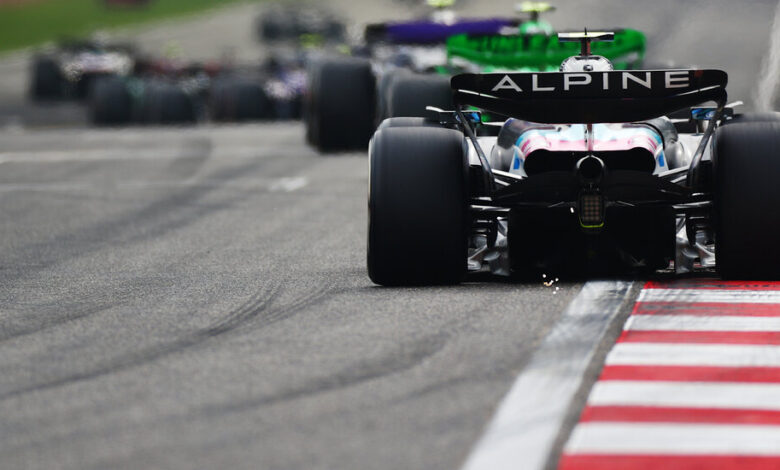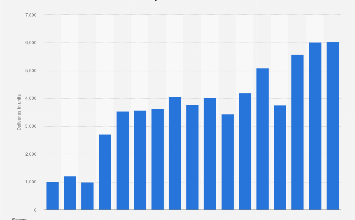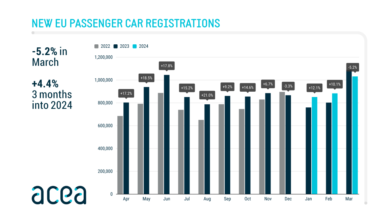F1: Alpine Is Trying, It Really Is

“It was not easy to see both cars on the last row of the grid in Bahrain,” Famin said.
Matt Harman, the technical director, and Dirk de Beer, the head of aerodynamics, announced their resignations after the race, with their duties turned over to a three-person team. Alpine has invested in new dynos, which constantly evaluate the performance of the engine, at its facility in Viry-Châtillon, France, and a new simulator will be ready at its chassis base in Enstone, England, within the next year.
“I think we have very good people, very skilled people,” Famin said. “We need to make sure that we can make the best use of all their skills, all their creativity, and we needed to adapt the team structure for developing that, for making the team more agile, more efficient. In both sides [chassis and engine] we need to be more efficient to make a better use of our resources.”
Alpine’s car development program recently fast-tracked a new floor onto Ocon’s car at the previous race in China, which will be on both cars in Miami this weekend. Such progress, including trimming an overweight car, is desperately needed.
“At the moment we’re clearly at the back of that second league,” Gasly said after the race in Japan about the teams battling in the lower half of the grid. “But every single tenth [of a second] we can get as soon as possible will make a difference at the end of the year.”
Rebuilding takes time, and any lessons Alpine learns aids the process.
“We keep working on the car, to develop it, and I think it’s very important,” Famin said. “We need to use this car to improve the way of working, to improve all those processes, and this management [structure], in order to be on the right direction, and on the right path for the ’26 development, which will be the major milestone.”



